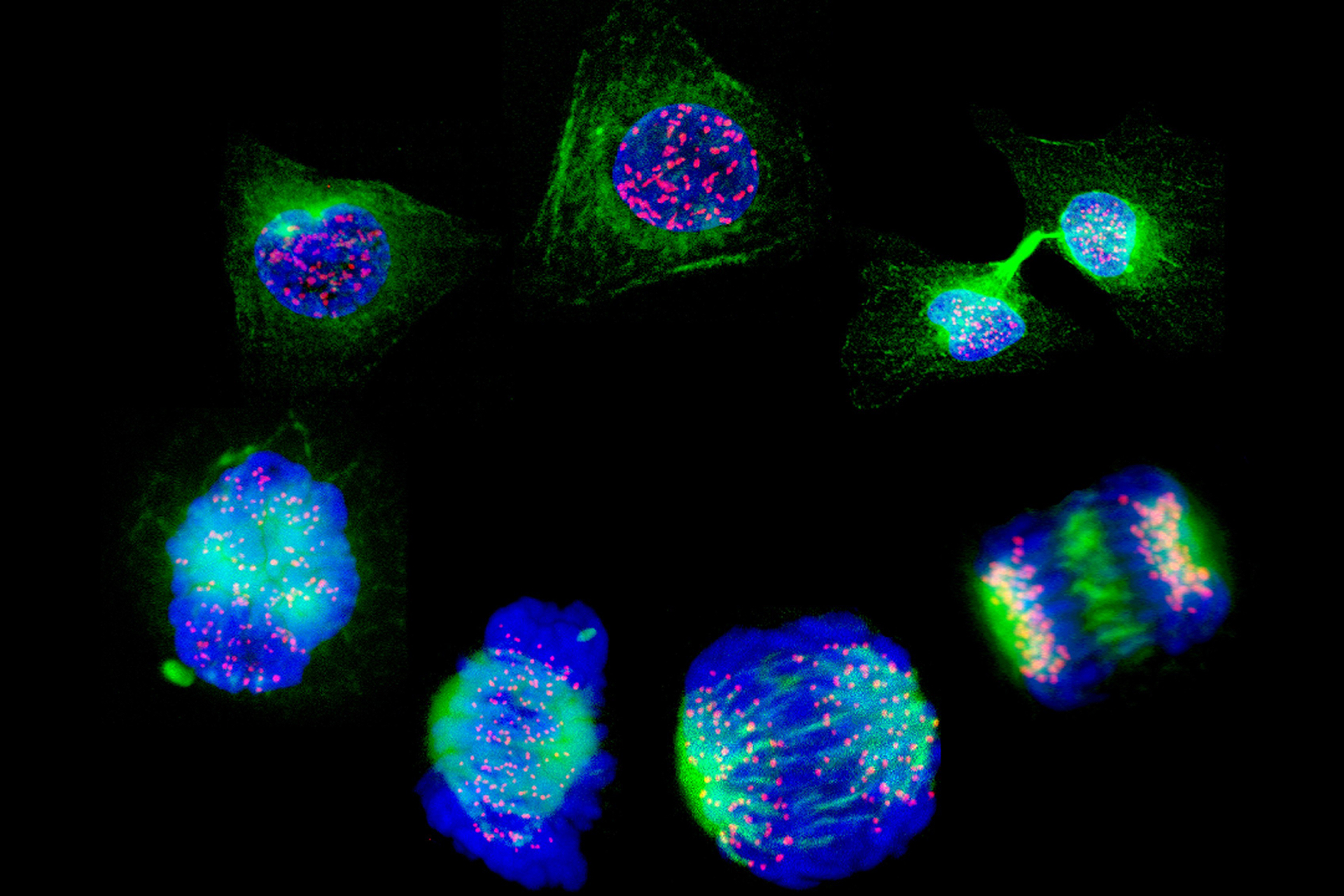A novel CRISPR-based gene therapy has been shown to reduce the level of antibiotic resistant E. coli within the gastrointestinal tract.
Provisional results from a Phase 1 human clinical trial have shown that SNIPR001, a gene therapy targeting antibiotic resistance, lowers the levels of E. coli bacterial infections, including antibiotic-resistant strains. Oral administration of SNIPR001 was well tolerated in all patients, with only mild to moderate side effects, demonstrating 'proof of principle' in early safety testing.
'We are thrilled with these positive interim results from our Phase 1 clinical trial of SNIPR001, which provide clinical validation for this innovative treatment,' Dr Christian Grøndahl, CEO and co-founder of SNIPR Biome, Copenhagen, Denmark, the biotech company behind the development of SNIPR001.
The bacteria E. coli normally live in the intestines of healthy people and animals. Most strains are harmless, however, blood cancer patients are vulnerable to fatal E. coli infections as chemotherapy can weaken the intestinal wall, allowing the bacteria to leave the intestine and spread to the bloodstream.
Routine antibiotic treatment with fluroquinolone is known to damage the gut microbiome. Furthermore, it can also lead to antibiotic resistance. Without a suitable antibiotic to treat E. coli infections in high-risk blood cancer patients there is a 15-20 percent fatality rate among this patient group.
CRISPR/Cas systems are an ancient mechanism of immunity found in bacteria, which evolved to destroy invading DNA from viruses known as bacteriophages. SNIPR001 was designed to contain four CRISPR-armed bacteriophages, which selectively target and kill antibiotic-resistant E. coli.
Results published in Nature Biotechnology detail the effect of this approach in mice and minipigs. The drug was well tolerated and was shown to reduce the levels of E. coli in the mouse gastrointestinal tract. This work then formed the basis for the phase 1 clinical trial involving 36 healthy volunteers, with 24 volunteers receiving three different oral doses of the drug over seven days, and 12 receiving a placebo.
'With the combined killing effects of bacteriophages and CRISPR/Cas technology, SNIPR001 has demonstrated the ability to target and eliminate antibiotic-resistant E. coli strains in the gut, providing a safe alternative to traditional treatments that do not work against antibiotic-resistant strains, while sparing the rest of the gut microbiome.' Dr Grøndahl commented. 'This is a significant milestone in our mission to develop groundbreaking solutions in the fight against antimicrobial resistance'.
Future studies will evaluate how effective SNIPR001 is in reducing E. coli infections in cancer patients. The biotech company also plans to develop a version of SNIPR001 that can be administered intravenously.
Sources and References
-
Engineered phage with antibacterial CRISPR–Cas selectively reduce E. coli burden in mice
-
A study Investigating the safety, recovery, and pharmacodynamics of multiple oral administrations of SNIPR001 in healthy subjects
-
SNIPR Biome reports positive clinical interim results for groundbreaking, first-in-human, CRISPR-based microbial gene therapy
-
SNIPR targets antibiotic resistance with CRISPR-based gene therapy trial
-
Small biotech turns CRISPR against bacteria, reducing E. coli in small early study




Leave a Reply
You must be logged in to post a comment.